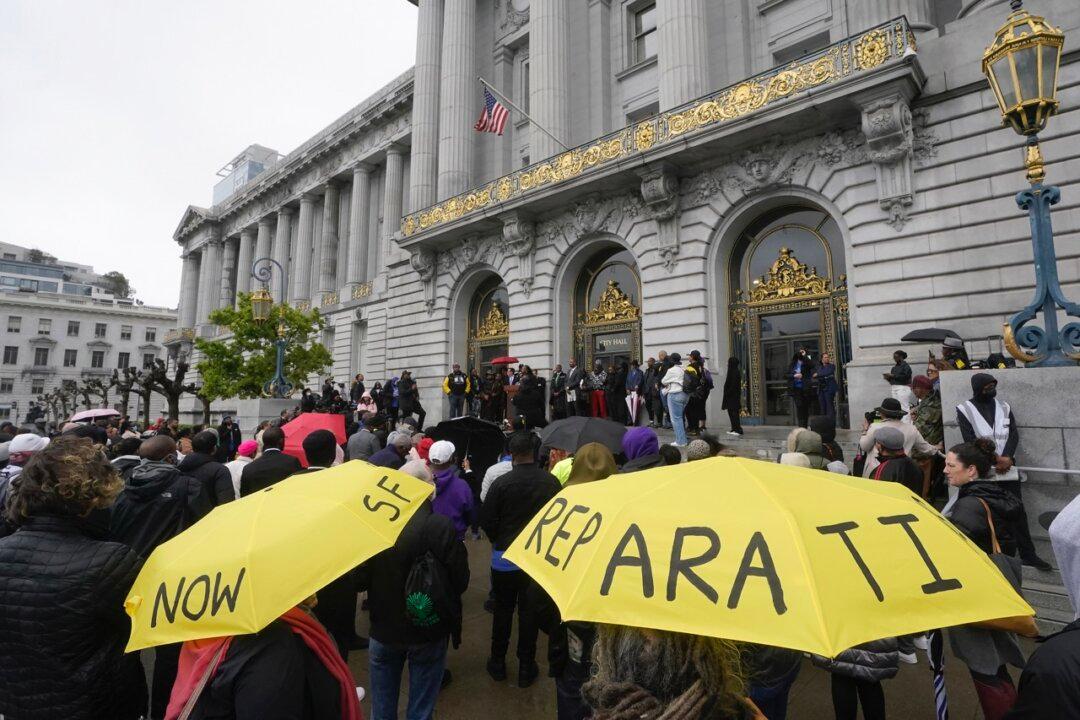Commentary
Countries and civilizations aren’t killed: They rot to death from within or commit suicide. They do so by tearing themselves apart or by questioning their right to even exist.

Countries and civilizations aren’t killed: They rot to death from within or commit suicide. They do so by tearing themselves apart or by questioning their right to even exist.